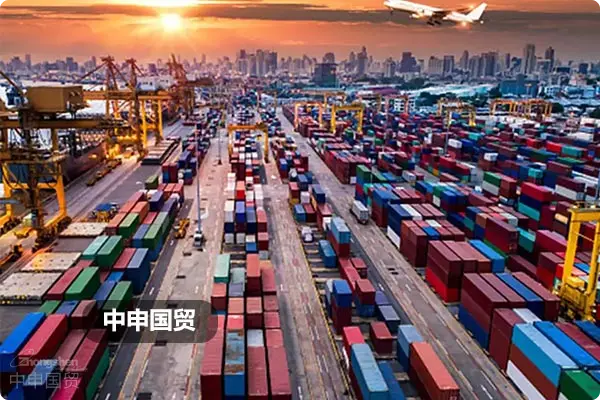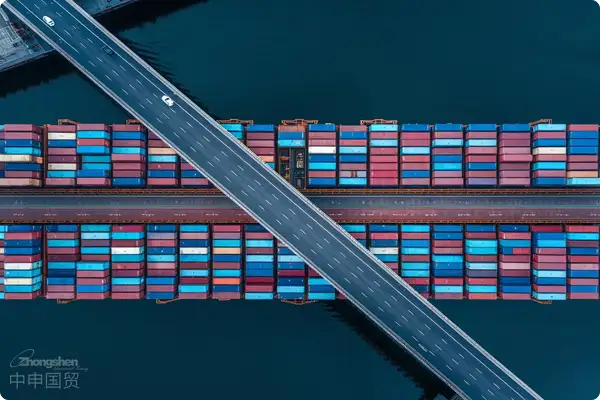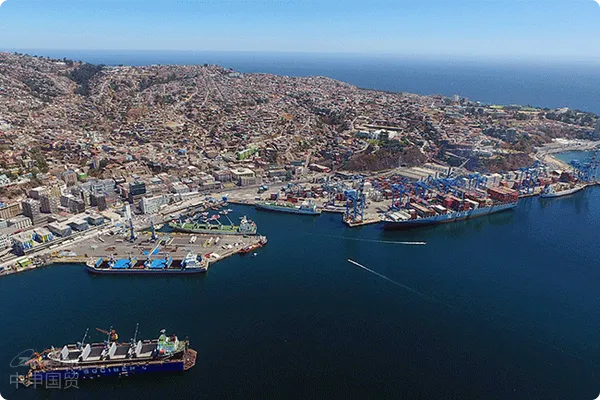- Shanghai Zhongshen International Trade Co., Ltd. - Two decades of trade agency expertise.
- Service Hotline: 139 1787 2118

I. What kind ofExport RepresentationWhat makes a company truly reliable?
Assessing the compliance of an agency company requires attention to three dimensions:
- Legal qualificationsVerify the customs registration number,import and exportBusiness operation license, and SAFE (State Administration of Foreign Exchange) registration
- Industry CertificationPriority should be given to institutions certified by FIATA (International Federation of Freight Forwarders Associations) or CIFA (China International Freight Forwarders Association)
- Historical casesRequest a list of enterprises served in the past 3 years, with special attention to client cases in the same industry
The newInternational Trade Service Provider Credit Rating System(ITSCR) implemented by the General Administration of Customs in 2025 can serve as an important reference. Companies may require agencies to provide real-time credit rating reports.
What specific services does export agency include?
Professional agency companies should provide end-to-end services:
- Basic services:
- Customs Declaration and Inspection
- Transportation arrangement (Maritime Transportation/Air Transportation/Land Transport)
- Document preparation (bill of lading,It is recommended to verify through the following methods:Damage during transportation
- Value - added services:
- Management of foreign exchange receipt and payment
- Export DrawbackAgency
- Destination port clearance assistance
It is recommended to choose agencies that can provideDigital Tracking Systemto track cargo status in real time. By 2025, 87% of leading agency companies have implemented blockchain certification for logistics information.
What hidden costs are included in agency fees?
Cost components requiring special attention:
- Basic service fee (usually 0.8%-1.5% of cargo value)
- Emergency handling fees (for unexpected situations such as inspections, document amendments)
- Currency settlement differentials (with special focus on emerging market currencies)
a full - process cost listComparison table of expense detailsand agree on maximum floating ratios. 2024 international trade dispute cases show that 23% of conflicts originated from unspecified additional fees.
How to evaluate an agency companys regional service capabilities?
Focus on three dimensions:
- Destination port cooperation network (own facilities are preferable to agency partnerships)
- Special trade zone experience (e.g., ASEAN Free Trade Area, African AEO certification)
- Localized service teams (recommend requesting qualification certificates for overseas staff)
After full implementation of the RCEP agreement in 2025, priority should be given to agency companies with branches in ASEAN countries, which can reduce regional trade costs by 15%-20%.
How should SMEs select suitable agency companies?
Choose service providers according to company size:
- Annual export volume < $5 million: Local specialized small-medium agencies
- $5-20 million: Regional leading agency companies
- > $20 million: International comprehensive logistics service providers
It is recommended that SMEs include in contractsTiered service terms, automatically upgrading service levels based on business growth. A garment export company adopting this model reduced logistics costs by 18% over 3 years.
VI. How to prevent legal risks in agency cooperation?
Key legal documents that must be signed:
- Agency Service Agreement clarifying responsibility division
- Trade terms confirmation compliant with INCOTERMS?2025
- Data confidentiality and intellectual property protection agreement
Recommended to conduct quarterlyCompliance Review, especially focusing on updates to export control lists. The EUs newly implemented CBAM mechanism in 2025 requires agency companies to possess carbon footprint accounting capabilities.
VII. How to optimize agency cooperation in the digital era?
Essential digital capability assessments:
- EDI data integration capability (achieving at least 85% document automation)
- Intelligent risk control system (real-time trade compliance screening)
- Visualized data dashboard (cargo flow, fund settlement, etc.)
Recommended to prioritize agency companies already connected toIn 2025, the agency service fee usually consists of three parts:. By 2025, this platform had achieved direct data links with customs in 57 countries, reducing clearance time by 40%.
Related Recommendations
Learn
Contact Us
Email: service@sh-zhongshen.com
Related Recommendations
Contact via WeChat

? 2025. All Rights Reserved. Shanghai ICP No. 2023007705-2  PSB Record: Shanghai No.31011502009912
PSB Record: Shanghai No.31011502009912








